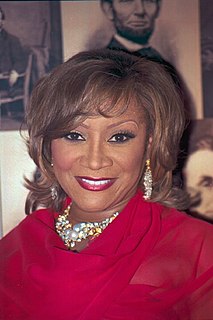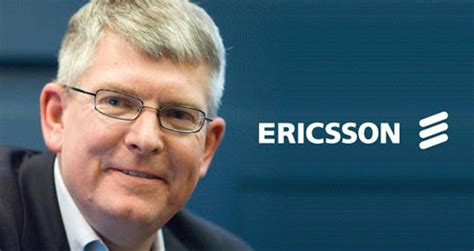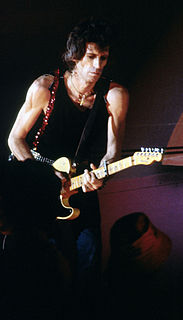A Quote by Meghan Daum
Before digital and mobile communications effectively tethered us to an invisible, infinite 'wire,' even those with the most hectic schedules were usually willing to answer the phone if they happened to be home when it rang.
Related Quotes
It's hard to say conversation has become a minimal thing, because look at the rise of mobile communications in the last 10 years. It used to be only the President had a mobile phone. Now everyone on earth, even if they have nothing else, they have a cell phone. It's a larger anthropological shift in my mind than even the tattoo age in the United States.
People over the age of thirty were born before the digital revolution really started. We've learned to use digital technology-laptops, cameras, personal digital assistants, the Internet-as adults, and it has been something like learning a foreign language. Most of us are okay, and some are even expert. We do e-mails and PowerPoint, surf the Internet, and feel we're at the cutting edge. But compared to most people under thirty and certainly under twenty, we are fumbling amateurs. People of that age were born after the digital revolution began. They learned to speak digital as a mother tongue.
Imagine if for years your habit is to use the phone when you're having a massage on the bed, even one minute before going out to train? For 25 days I accepted this, because my first priority was to work on the field. However, I've said that from now if someone comes inside with a mobile phone, even in their bag, I'll throw it in the North Sea. They're banned.
In Indonesia, Qualcomm, in a joint project with Grameen Foundation, has provided a range of mobile phone-based services to individuals. This project facilitates the creation of businesses for those living at the bottom of the economic pyramid and, at the same time, extends telecommunication access to people who cannot afford a mobile phone.


































